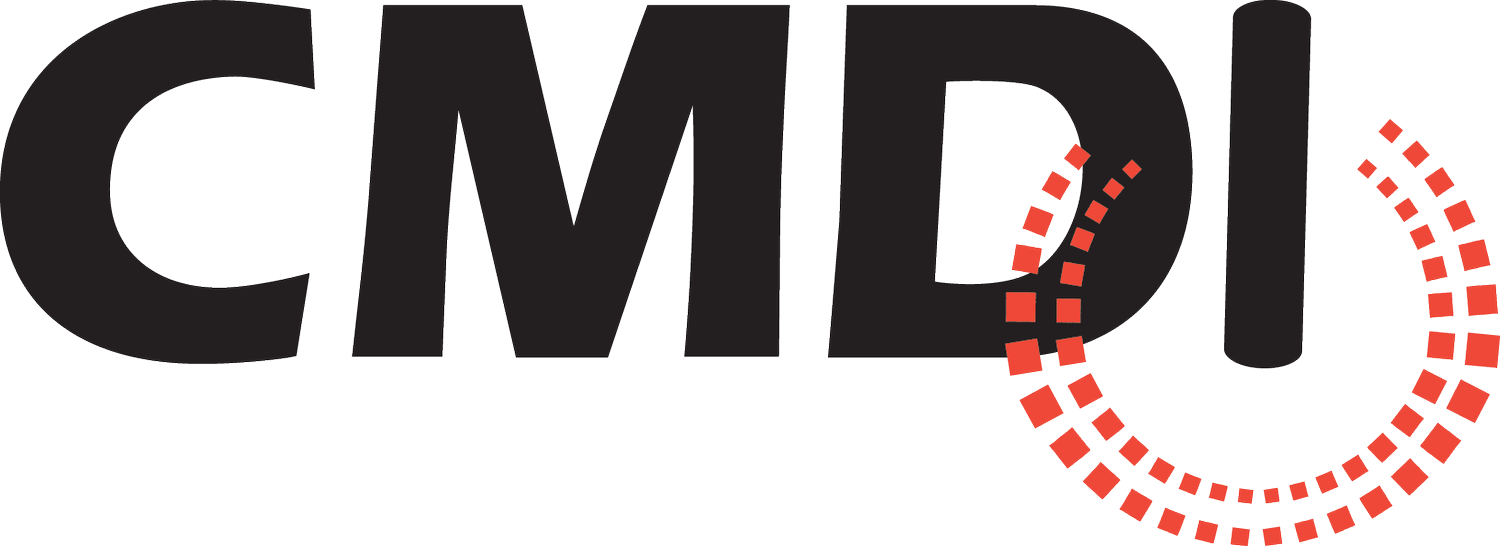M: CMDI Political Glossary
-M-
Major Party
A political party whose candidate in the preceding Presidential election received, as the candidate of such party, 25 percent or more of the popular vote.
Malapportionment
An apportionment of seats in Congress that is unfair due to population shifts.
Matching Funds
Public funds available to a presidential candidate to help bankroll his or her primary campaign. The Presidential Election Campaign Fund matches up to $250 of each individual contribution to help candidates defray the cost of their primary campaigns. (Contributions from PACs are not matched.) To receive matching funds, candidates must meet certain threshold requirements showing sufficient public support. Candidates also must agree to spending limits during the primary campaign that are set by law and adjusted for inflation.
Maxing Out
Making campaign contributions to candidates, PACs, and parties up to the limit allowed by law.
McCain Feingold
A 2002 campaign finance reform law named after its main sponsors, Senator John McCain (R-AZ) and Russ Feingold (D-WI). The law was designed to limit the system of fundraising and corporate spending in federal election campaigns that existed outside the highly regulated infrastructure of public funding and hard money contributions to political candidates. Much of the law was subsequently overturned by the US Supreme Court, which found restrictions on corporate spending in elections to be an unconstitutional infringement on freedom of speech through FEC vs. Wisconsin Right to Life (2007) and Citizens United vs. FEC (2010). Among the parts that remain intact are a ban on unlimited soft money donations to national political parties.
Member
With respect to a labor organization, a trade association, a cooperative or other incorporated membership organization, a member is an individual or other entity that:
Satisfies the requirements for membership in a membership organization;
Affirmatively accepts the organization’s invitation to become a member; and
Maintains a long-term and continuous bond with the organization by having a significant financial attachment, such as a significant investment or ownership stake; paying annual dues; or having direct participatory rights in the governance of the organization.
Membership Organization
A labor organization or a trade association, cooperative or other incorporated membership organization that:
Is composed of members and expressly seeks members;
Expressly states the qualifications for membership in its articles and by-laws;
Makes its articles, by-laws and other organizational documents available to its members;
Acknowledges the acceptance of membership, such as by sending membership cards to new members or including them on a membership newsletter list; and
Is not organized primarily for the purpose of influencing a federal election.
Memo Entry
Supplemental information on a reporting schedule. A memo entry is often used to disclose additional information about an itemized transaction that is included in the total receipts or disbursements for the current report or a previous report. The dollar amount in a memo entry is not incorporated into the total figure.
Military Industrial Complex
The comfortable relationship between the military, the federal government and the defense contractors that produce weapons and equipment for war.
Money Blurt
A strategy of using a politician’s controversial statements to attract campaign donors.
Moneybomb
A grassroots fundraising effort held over a brief time period to support a candidate for election by dramatically increasing, concentrating, and publicizing fundraising activity during a specific hour or day. The effort focuses on online fundraising and social media tactics to go viral. Also known as a money bomb, money-bomb, or fundraising bomb.
Motor Voter
The name given to the process of allowing a citizen to register to vote when obtaining or renewing a driver’s license. The National Voter Registration Act of 1993 made the process mandatory across the country beginning in 1995.
Muckraker
A journalist who investigates the scandalous activities of public officials and businesses. The term originated in 1906 by President Theodore Roosevelt when he said:
In Bunyan’s Pilgrim’s Progress you may recall the description of the Man with the Muck-rake, the man who could look no way but downward with the muck-rake in his hands; Who was offered a celestial crown for his muck-rake, but who would neither look up nor regard the crown he was offered, but continued to rake to himself the filth of the floor.
Mudslinging
The practice of making malicious attacks against a political opponent’s character and reputation. Also known as “negative campaigning.” The term originates from the Latin phrase “fortiter calumniari, aliquia adhaerebit,” which translated to “throw plenty of dirt and some of it will stick.”
Multi-candidate Committee
A political committee that has been registered with the FEC for at least six months, has more than 50 contributors and, with the exception of state party committees, has made contributions to at least five candidates for federal office.
MUR (Matter Under Review)
An FEC enforcement action, initiated by a sworn complaint or by an internal administrative action that concern potential violations of the FECA Act. They come to the attention of the Commission through complaints originating outside the Commission or through internal monitoring.
